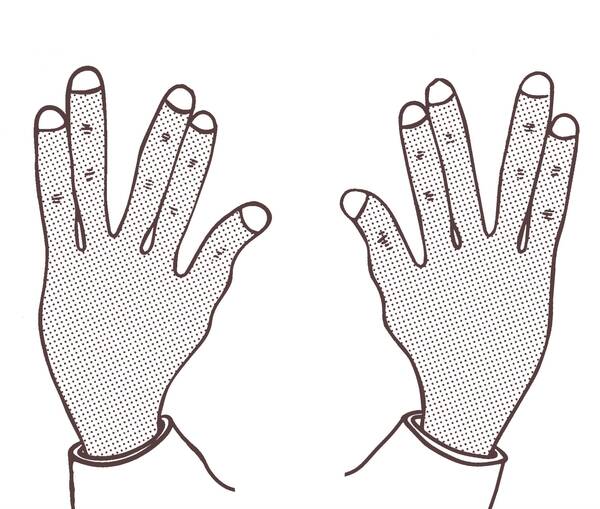Newsletter
Jan
17
2023
Dear Reader,
Editing an issue on the theme of “rest,” we inevitably found ourselves discussing the activity that often gets in the way of it—work—and the long history of leftist “anti-work” writing that asks us to imagine how we might make labor a less central part of our lives. The more we talked, the more we realized that many of us were wrestling with the same contradictions: As people driven at work by a sense of political and creative purpose as well as need for a paycheck, we wondered how to square the fact that our jobs are intellectually and spiritually nourishing with the reality that they claim too much of our time. We suspected that readers employed in “labors of love”—teachers, writers, artists, organizers—might be asking similar questions. The topic seemed like a natural fit for our Responsa column, an essay authored by the staff through a collective thinking and writing process.
To begin, we created a syllabus, assigning ourselves excerpts from Karl Marx’s Economic and Philosophical Manuscripts of 1844, The German Ideology, and Capital Vol. 3; chapters of the Marxist feminist Kathi Weeks’s The Problem with Work; and sections on the nature of work and labor from Hannah Arendt’s The Human Condition. Over the course of several months, we also consulted The Protestant Ethic and the Spirit of Capitalism by Max Weber, The Sabbath by Abraham Joshua Heschel, Work Won’t Love You Back by Sarah Jaffe, Revolution at Point Zero by Silvia Federici, Rest Is Resistance by Tricia Hersey, Pleasure Activism by adrienne maree brown, The Book of Sleep by Haytham El Wardany, Communal Luxury by Kristin Ross, Bullshit Jobs by David Graeber, and more. In discussions of our reading, it slowly dawned on us that our questions about work and anti-work had deep resonances with Jewish writings that theorize Shabbat as a celebration of rest and the refusal to work. While a few of us began drafting the first sections of the responsa, others began setting up meetings with rabbis and Jewish scholars to consider how our own tradition has approached issues of work and rest.
The process of putting together the responsa—diving into a rich corpus of Marxist and Jewish thought; combing through the theory in discussions with colleagues; hopping on the phone to edit together and consider the effectiveness of each line—reminded us why our work at Jewish Currents can feel so fulfilling. At the same time, the stress of rushing to get the piece over the finish line underscored work’s too-central place in our lives. Writing this helped us see these tensions more clearly, if not reconcile them entirely. We hope reading it does something similar for you.
Best,
The Editors
